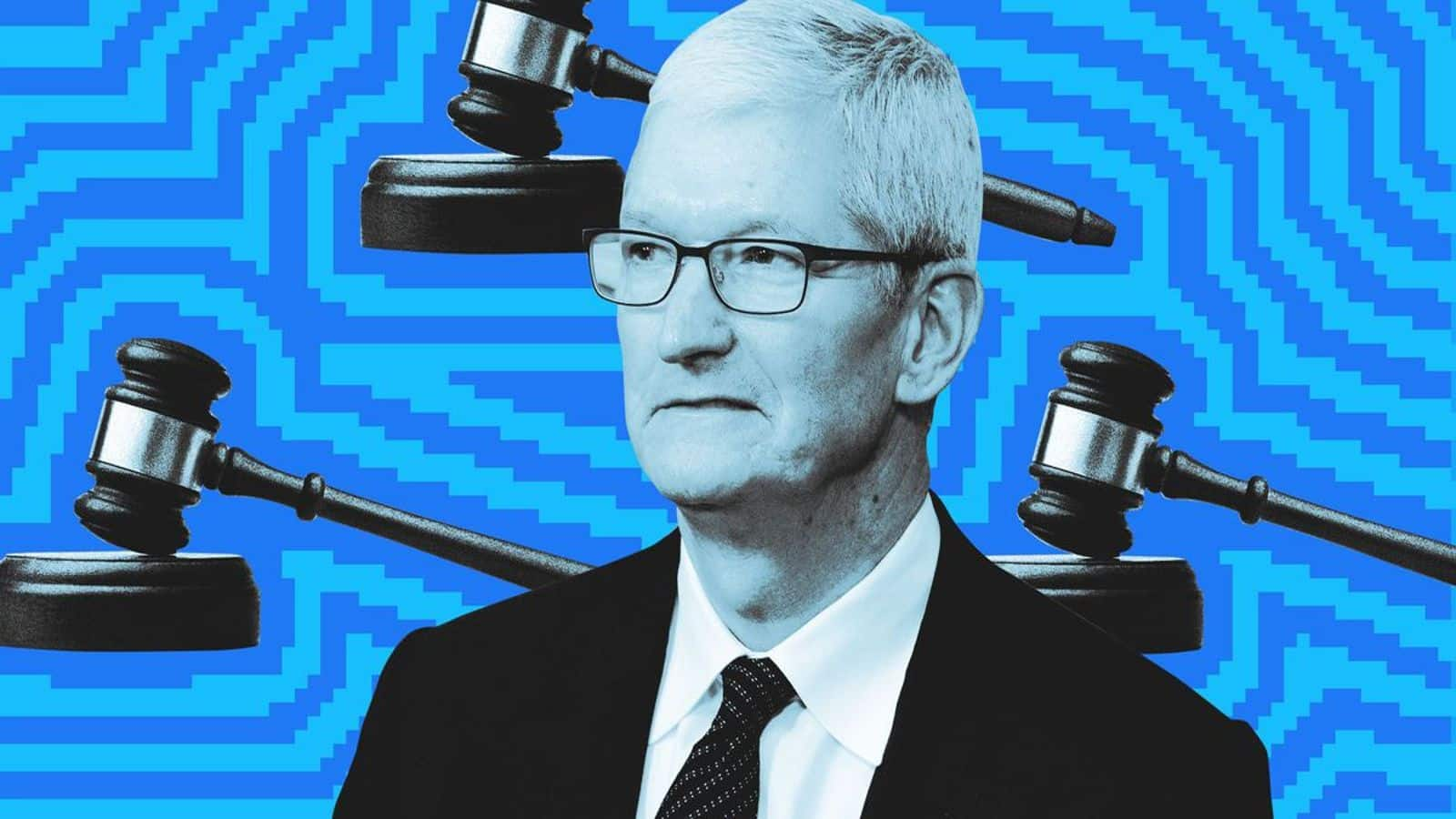
US government initiates antitrust lawsuit against Apple: Key takeaways
What's the story
The US Department of Justice (DOJ) has launched a legal offensive against tech behemoth Apple, accusing the firm of monopolizing the smartphone industry. The lawsuit, lodged yesterday (March 21), contends that Apple's business strategies have adversely affected consumers and independent developers. The DOJ's case hinges on the assertion that Apple has utilized unjust tactics to sustain the iPhone's dominance and favor its own devices and services over rivals.
Response
Apple counters antitrust accusations
Apple has responded strongly to the antitrust lawsuit brought by the DOJ. "This lawsuit challenges our identity and the principles that distinguish Apple products in highly competitive markets," stated company representative Fred Sainz. The tech titan also warned that this legal conflict could set "a perilous precedent, enabling government to dictate people's technology."
Problem
DOJ slams Apple's communication strategy
The DOJ's lawsuit includes claims that Apple's proprietary software features make Android phones seem subpar to many consumers. The government argues that Apple has "trapped users and developers while safeguarding its profits." US Attorney General Merrick Garland lambasted Apple's communication strategy at a press briefing, asserting that "iPhone users view competing smartphones as inferior."
Insights
DOJ scrutinizes Apple's smartwatch compatibility and App Store dominance
The lawsuit also scrutinizes Apple's smartwatch compatibility with iOS, suggesting that the company leverages its wearable device to persuade users to opt for another iPhone when upgrading. The DOJ additionally condemns Apple's dominion over the App Store, especially concerning developer fees and stringent guidelines. These practices, as per the complaint, contribute to Apple's alleged unjust competitive edge.
Facts
DOJ unimpressed by Apple's forthcoming support for RCS
Apple recently disclosed plans to support RCS, an advanced messaging protocol, for enhanced cross-platform communication later this year. However, the DOJ argues that this initiative does not exonerate Apple from its alleged suppression of fair competition. The government insists that despite these strides toward improved interoperability, the tech giant's practices persist in unfairly disadvantaging competitors.
Claim
Apple does not want 'super apps' on its platform
DOJ also has a problem with the fees to be paid by developers, and the guidelines they have to follow, to offer their apps to iPhone owners. The lawsuit claims Apple has put roadblocks in place to keep so-called "super apps" off its platform. Also, the company's rules have made it difficult for Microsoft as well as other cloud gaming firms, to launch their services in a way suitable enough to be monetized.
Findings
Protracted legal battle expected in Apple antitrust case
The suit against Apple is anticipated to be a drawn-out affair, with no immediate resolution foreseeable. This case is reminiscent of a similar high-profile antitrust case involving Microsoft, which took over three years to conclude. In the meantime, Apple intends to introduce significant changes to the framework of its App Store in the EU, and alleviate messaging friction by supporting RCS. However, the DOJ asserts that these measures do not absolve Apple of its alleged unfair practices.